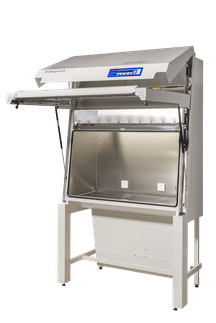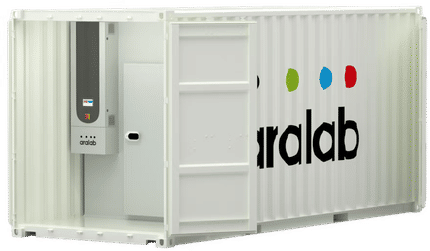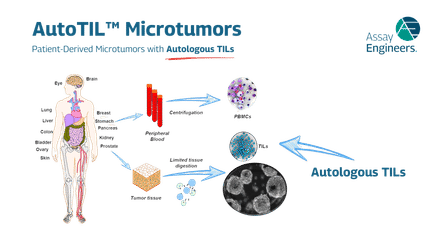To use all functions of this page, please activate cookies in your browser.
my.bionity.com
With an accout for my.bionity.com you can always see everything at a glance – and you can configure your own website and individual newsletter.
- My watch list
- My saved searches
- My saved topics
- My newsletter
Specific Pathogen Free
Specific Pathogen Free is a term used for laboratory animals that are guaranteed free of particular pathogens. It is always accompanied by a list of the absent pathogens. Use of SPF animals ensures that specified diseases do not interfere with an experiment. For example, absence of respiratory pathogens such as influenza in desirable when investigating a drug's effect on lung function. Product highlight
PracticalCompletely germ freeThe animals can be born through a caesarian section then special care taken so the newborn does not acquire infections, such as use of sterile plastic bags with a positive pressure differential. A disadvantage is that any contact with pathogens will be fatal, since no protective bacterial flora are present (on the skin or in the intestine or respiratory tract). SPFTo certify SPF, the population is checked for presence of (antibodies against) the specified pathogens. Minimal disease statusWhen by accident some infection does occur, the population is said to have minimal disease status. MonitoringThe population is regularly checked to ensure the status still holds. ApplicationsSPF eggs can be used to make vaccines. |
||||||||||||
| This article is licensed under the GNU Free Documentation License. It uses material from the Wikipedia article "Specific_Pathogen_Free". A list of authors is available in Wikipedia. |







